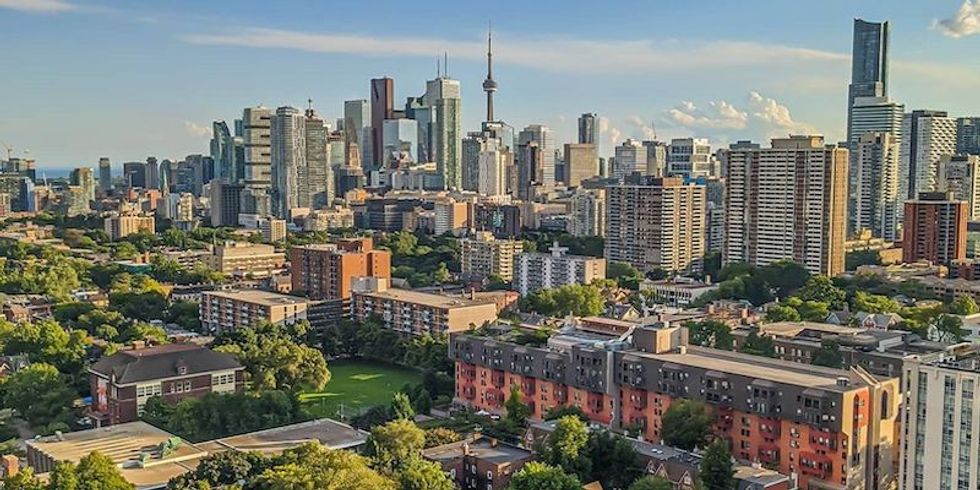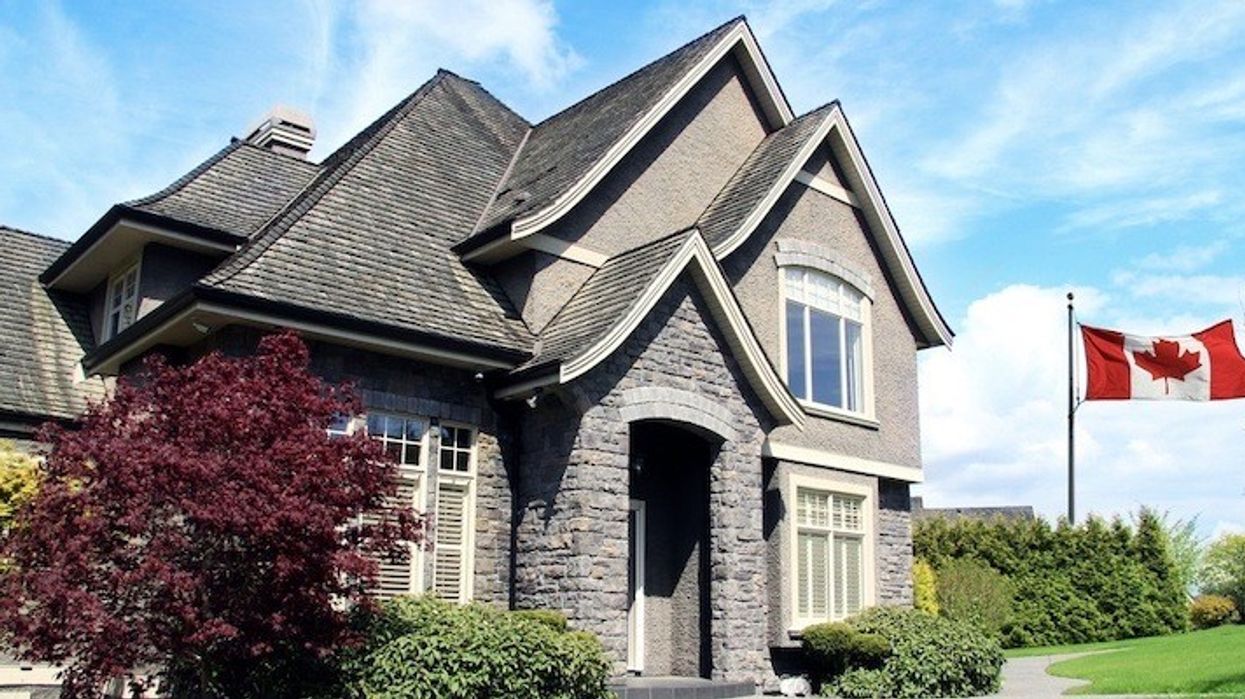It's been nearly eight months since the initial wave of COVID-19 disrupted the Canadian economy, resulting in lockdowns that sent unemployment soaring to unprecedented highs, and ultimately, altering how and where Canadians work -- not to mention also how and where they live.
And as 2020 draws to a close, the profound changes to the Canadian economy -- and subsequently, the country's housing market -- brought on by the pandemic are becoming more concrete.
"In just months, the landscape of Canadian real estate has been shaken to its core," said RBC Senior Economist Robert Hogue, who recently published an overview of seven ways the pandemic is affecting the country’s housing market.
"Whether the changes are permanent or transitory is an open question, but one thing is certain, 2020 has been a year like no other for Canadian housing markets," said Hogue.
To get a better sense of what’s to come in the remainder of 2020 and in the many months to follow, Hogue's seven highlights include the most obvious challenges at the forefront of the Canadian housing market, namely, rural and suburban areas -- once considered less desirable -- are now hot markets for homebuyers seeking more space to work and live; downtown condo markets that once had expensive rents are now flooded with supply; and the lack of immigrants that typically fuelled the demand for housing of all types.
READ: Top Canadian Real Estate Trends to Look For in 2021
With parts of Canada now living amid the second wave of the pandemic, social distancing measures have severely restricted cultural life and how residents socialize. As a result, Hogue believes big-city living has lost its lustre, and city-dwellers are on the quest for larger living space -- often in cottage country.
This comes as both working and studying from home has become a reality for many, "further eroding the attachment to big cities." What's more, Hogue says affordability issues are driving many Canadians into smaller towns and cottage country, where larger living spaces are more readily available.
But when it comes to affordability, Hogue noted that the pandemic has made it "more affordable" to own a home, as a result of the Bank of Canada lowering its overnight rate close to zero, while sharp declines in bond yields mortgage rates have been pushed to their lowest levels on record.
As such, Hogue says these combining factors have slightly reduced mortgage payments on a home priced at market value despite prices continuing to rise at an accelerating pace in most of Canada.
But let's not forget about the generous government income support programs for households affected by COVID-19 that have also made it easier to carry mortgage payments.
Throughout the pandemic, Canadian households received more money ($56 billion) from government aid programs such as CERB and other transfers in the second quarter than they lost in wages and salaries due to the pandemic ($23 billion). What's more, 0n net, household disposable income spiked 11% in Canada and, as a result, this substantially increased buyers’ purchasing power.

Another source of uncertainty that Hogue flagged is the spike in condo listings in some of the country's largest markets including in Toronto, Montreal, and Vancouver.
Hogue says there is now a surge in rental supply in these markets as the short-term rental business has dried up after stricter rules around Airbnb were implemented. As a result, many condo investors have listed their units at a time when new purpose-built rental and condo projects are being completed and reaching record-breaking levels.
In fact, Toronto-based research firm Urbanation reported that despite the pandemic bringing many industries to a standstill -- and even halting some construction projects -- a total of 6,816 new condominium apartments still reached completion in the GTA in Q3-2020, bringing total year-to-date completions to 17,596 units -- 47% higher than a year ago (11,952).
What's more, Urbanation says there are an additional 5,411 units scheduled to be completed in Q4, which would bring year-end 2020 completions to 23,007 units, a record high. This comes as condo resale listings in the City of Toronto rose 134% in September over the previous year.
Finally, Hogue wrote that the lack of immigration has had a major impact on Canada's housing market. In the second quarter of 2020, the number of new permanent residents plummeted 64% and more non-permanent residents left our country than came to it. And the result was dramatic: the total net migration collapsed 94%.
RELATED: Canada Reveals Ambitious New Immigration Plan to Stimulate Post-Pandemic Recovery
With the border poised to remain closed to all but essential travellers, and most post-secondary students continuing to study at home, Hogue says immigration is "unlikely to rebound soon."
And since newcomers typically rent for years after they arrive in Canada before they purchase a starter home or condo, Hogue said the rental market and first-time homebuyer cohort could feel the "negative repercussions" of this weak in-migration for years to come.
However, government action was announced after Hogue published his commentary: the feds announced they are increasing the country's immigration target between 2021 to 2023 to make up this year’s pandemic-induced shortfall.
Canada’s Immigration Minister, Marco Mendicino said the country will welcome more than 1.2 million new immigrants over the next three years, with up to 401,000 new permanent residents in 2021, 411,000 in 2022, and 421,000 in 2023 -- an increase of 50,000 each year compared with the previous targets. The previous plan had set targets of 351,000 in 2021 and 361,000 in 2022.
READ: Canada Reveals Ambitious New Immigration Plan to Stimulate Post-Pandemic Recovery
It’s safe to say that Canada's housing market this year has been nothing but unpredictable, especially since it still managed to experience unprecedented growth despite homebuyers holding off on purchases amid the uncertain economic conditions brought on by the pandemic.
So far, one of the worst economic crises to hit the world in decades has been unable to burst the bubble on Canada's housing market (not to overlook the large part government support has played). Can it possibly continue? Some in the industry certainly think so. But there are signs that its pace is slowing, very much so in Toronto's core.
One thing is for sure, though -- winter has always been a slower time for the market. Time to see if COVID follows that rule too...





















